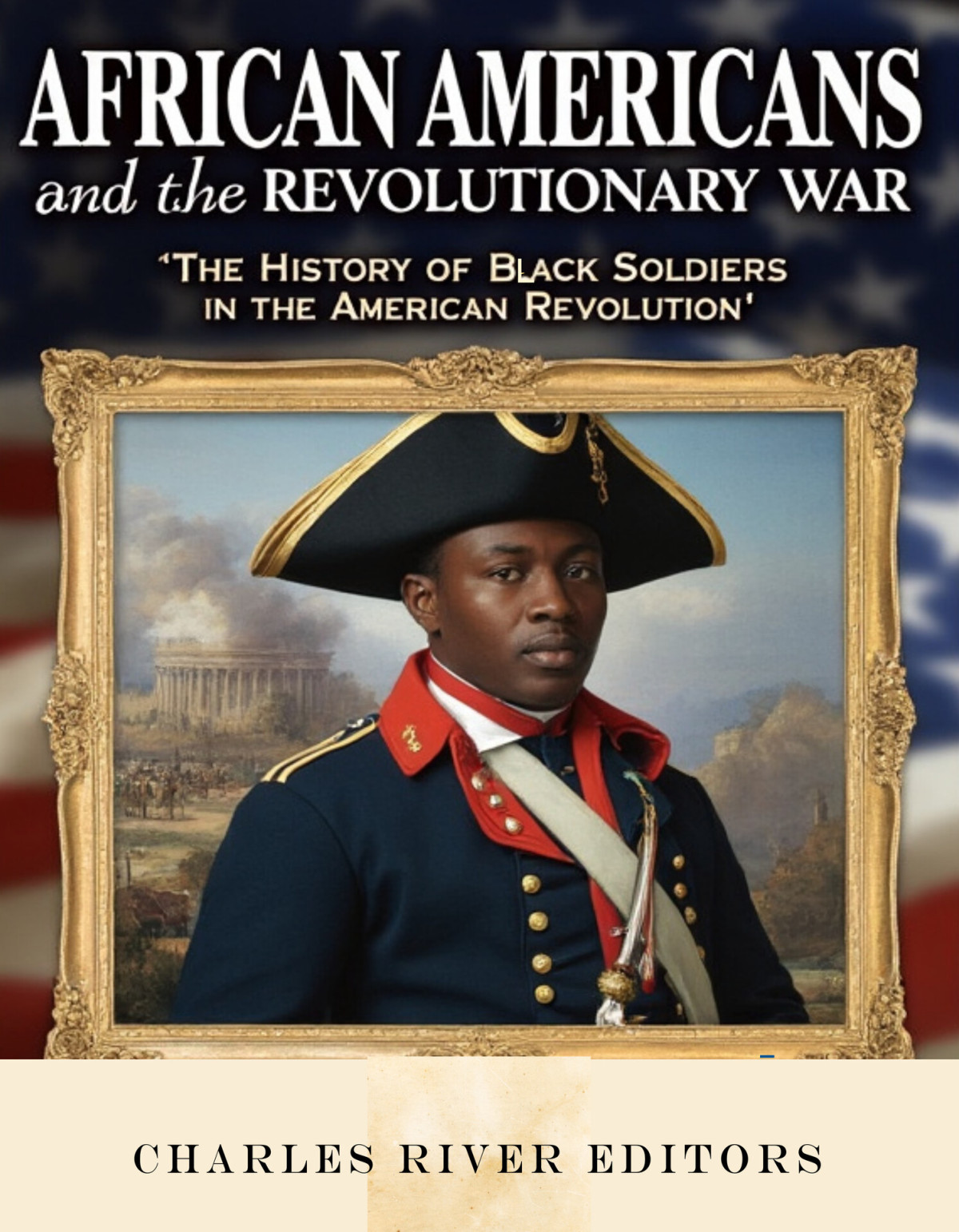

Most ebook files are in PDF format, so you can easily read them using various software such as Foxit Reader or directly on the Google Chrome browser.
Some ebook files are released by publishers in other formats such as .awz, .mobi, .epub, .fb2, etc. You may need to install specific software to read these formats on mobile/PC, such as Calibre.
Please read the tutorial at this link: https://ebookbell.com/faq
We offer FREE conversion to the popular formats you request; however, this may take some time. Therefore, right after payment, please email us, and we will try to provide the service as quickly as possible.
For some exceptional file formats or broken links (if any), please refrain from opening any disputes. Instead, email us first, and we will try to assist within a maximum of 6 hours.
EbookBell Team

0.0
0 reviewsThe political and military nature of the Revolutionary War was just as full of intrigue. While disorganized militias fought the Battles of Lexington & Concord, George Washington would lead the Continental Army in the field while men like Thomas Jefferson drafted the Declaration of Independence in Philadelphia and Benjamin Franklin negotiated overseas in France. Benedict Arnold would become one of his nation’s most vital war heroes and its most notorious traitor, French forces would play a crucial role at the end of the war, and the Treaty of Paris would conclude the Revolution with one last great surprise.
When the war started, the 13 colonies had a largely rural population of about 2,500,000, with an estimated 500,000 of that population being black. About 95% of them were slaves and 5% free, with some sharp differences among the colonies. At the same time, about 250,000 Native Americans lived in the region between the Mississippi and the Appalachians, with a scattering of different bands of varying sizes, like the Cherokee and the Creeks, in the 13 colonies. Most were British allies. And while the colonies were mostly rural, there were several large cities like Philadelphia, New York City, Boston, Charleston, and Newport, all of which had ports and were thus vulnerable to attacks
…